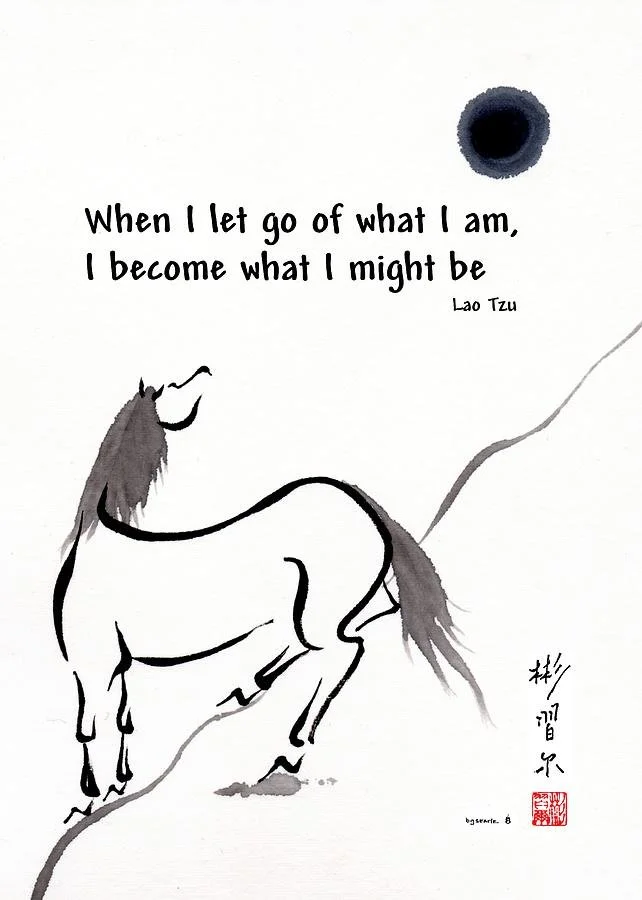Riding, temper tantrums, and emotional regulation
Copyright Bill Searle
It’s a New Year. Everyone is on a self-improvement kick, including yours truly. I can’t help but succumb to the allure of the “new year, new you” mentality. This year, I bought a subscription to the Equestrian Master Class to access the Ian Millar tutorial, as well as The Holistic Psychologist for some mental health goals I am working on. Watch out world! by the end of 2022, I’ll be riding like Ian, and have the zen of a Buddhist monk, so filled with inner peace that nothing will rattle me.
Riding and mental health go together in a myriad of ways. Many riders I know joke that their horse is their therapist, or that a hack is better than a therapy session. For me, riding feels like a big exhale. Riding is one of the few ways I can access flow state, that delicious feeling of total concentration when time falls away, being so totally consumed in the present moment. (Writing can also do this for me, when it’s going well.) Riding helps the anxiety and depression I’ve been feeling for much of this year - it makes me feel good.
But what about the times when riding doesn’t make you feel good? When it’s hard, frustrating, and discouraging? When your horse isn’t listening and nothing is going well? When instead of working together, you are working against each other? I’m sure all of us have used the whip with a little too much vigor or jerked a horse in the mouth in a pique of anger. When I hear the expression, “we are only human,” it means to me that we are animals ourselves, after all. We have a cerebral cortex that allows for higher thinking and inhibition of impulses and so on, but we also have so many mammalian things happening in our bodies too, such as the fight-flight response, which can be really hard to control - particularly in times of stress.
Like many, I watched the Saint Boy video a few times, sometimes giggling, sometimes appalled. It’s hard to watch, not just because the horse is so clearly being mistreated, but because of the complete breakdown of this rider. In the course of a few minutes, she goes from hopeful Olympic gold medalist to a screaming, blubbering mess, a toddler who hasn’t gotten her way.
I’m not interested in throwing judgment - it just ain’t my style. I’m also not interested in weighing in if the modern pentathlon should include a show jumping component. There are already some great articles on this subject here and here. What I’d like to add to this conversation is the importance of emotional regulation - the ability to feel your emotions without acting on them - in riding. While many professional riders now utilize principles of sport psychology, emotional regulation is still not typically discussed or taught in most riding programs. It’s assumed that everyone knows how to calm down their nervous systems and control their tempers, and that simply isn’t the case. If I had a dollar for every time I’ve seen someone lose it on a horse in a less-than-flattering way…..well I’d be closer to buying that show jumper.
Horses feel everything. It is essential to know how to calm down our own nervous systems, to control the impulses cascading from our primitive reptilian brains, so that we don’t translate all of our rage and frustration to the horse. Because if you can’t, this is what the result can look like:
I’m still learning emotional regulation myself - not with horses so much, since they naturally calm me, but with my own human children. I’ll admit I have a tendency to yell when they aren’t listening to me, and it’s something I am working on. If I can’t demonstrate how to calm myself down, how will they learn? It starts with the breath. When I begin to feel upset, I try to resist acting and just breathe, holding myself with compassion, until I feel more calm.
Breathe in, breathe out. Like most things that are worthwhile, it is so simple and so hard.
Keep calm, and ride on.
Thanks for reading! Wishing everyone success with their goals in 2022.

